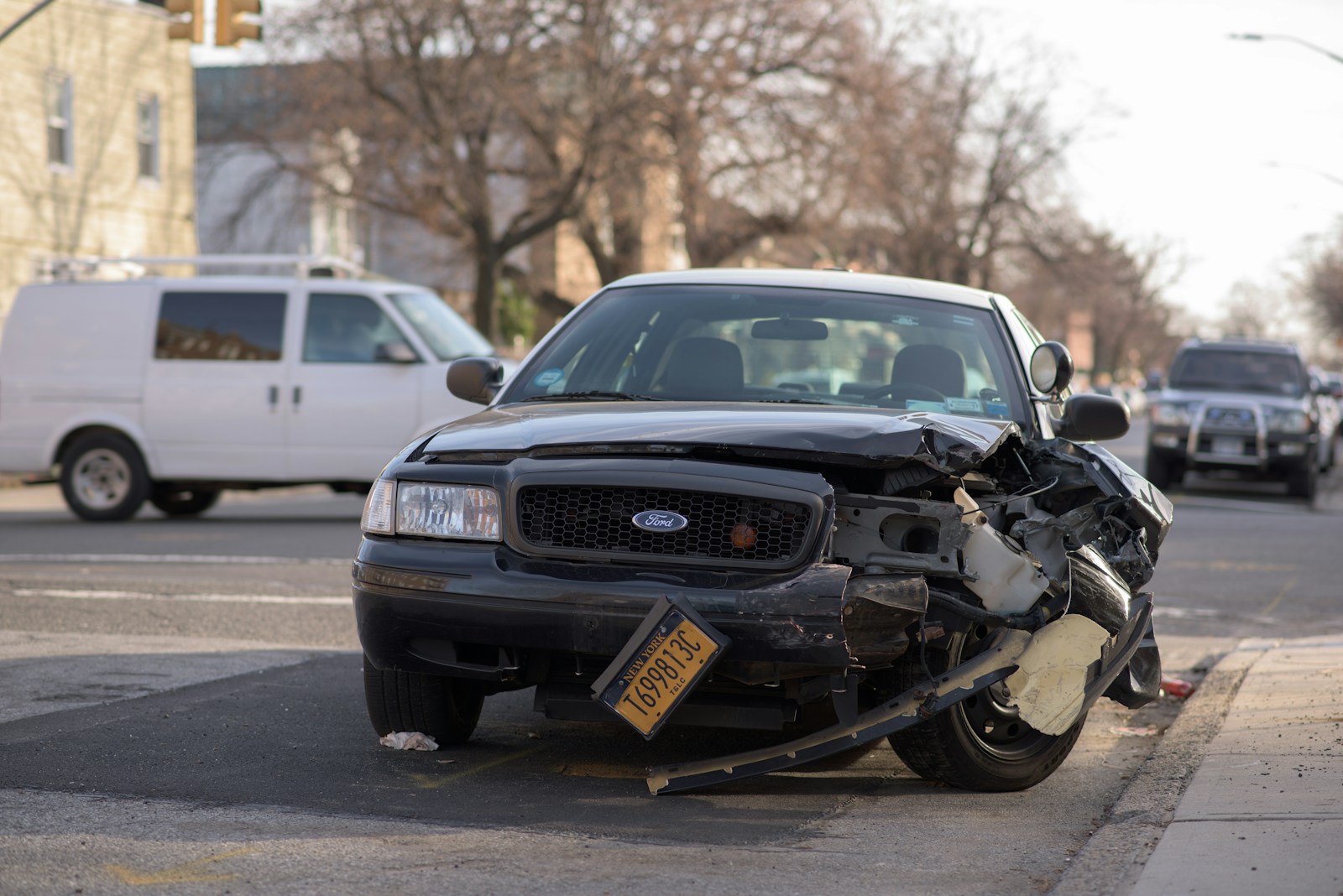
What Happens to My Comprehensive and Collision Insurance Premium as My Car Loses Value?
Comprehensive and collision insurance provide essential financial protection for drivers, covering damages to their vehicles in various scenarios, including accidents, theft and vandalism.
However, as the value of our cars diminishes over time, it’s natural to wonder what happens to our insurance premiums.
From the moment they’re driven off the lot, cars begin to lose value, affected by factors ranging from wear and tear to market fluctuations.
While this decline in value is expected, what might not be as clear is how it influences insurance premiums, particularly concerning comprehensive and collision coverage.
How Does a Car’s Value Influence Insurance Premiums?
The relationship between car depreciation and insurance premiums is not straightforward. In theory, as the value of your vehicle decreases, the risk to the insurer also diminishes as the potential cost of repairing or replacing the car declines. Consequently, one might expect insurance premiums to decrease correspondingly.
However, the reality is more complex. While car depreciation can influence insurance premiums, it’s just one piece of the puzzle. Insurers consider various factors when determining premiums, including the driver’s age, driving record, location and overall cost of claims in the area. Thus, the impact of depreciation on premiums might not be immediate or significant.
Moreover, comprehensive and collision coverage are single components of your insurance policy. Other factors, such as liability coverage and medical payments, may not be directly affected by the depreciation of your vehicle’s value.
That said, as your car ages and depreciates over time, you may notice subtle changes in your insurance premiums. Insurers periodically review policies and adjust rates accordingly, considering the changing value of insured vehicles and other relevant factors. Drivers may also have the opportunity to reassess their coverage and make adjustments based on the depreciated value of their cars.
For some drivers, especially those with older or less valuable vehicles, the decreasing value might prompt them to reevaluate the necessity of comprehensive and collision coverage. If the cost of premiums outweighs the potential benefits of these coverages, some drivers may opt to adjust their policies accordingly.
On the other hand, for those with newer or more expensive vehicles, comprehensive and collision coverage often remain essential, regardless of depreciation. In these cases, while the car’s value may decrease over time, the need for comprehensive protection against unexpected damages or losses remains paramount.
Auto Insurance in Phoenix, AZ
While the depreciation of your car’s value can influence your comprehensive and collision insurance premiums, it’s just one factor among many. Contact Above All Insurance to review your auto insurance policy today.
This blog is intended for informational and educational use only. It is not exhaustive and should not be construed as legal advice. Please contact your insurance professional for further information.
Categories: Auto Insurance, Blog
